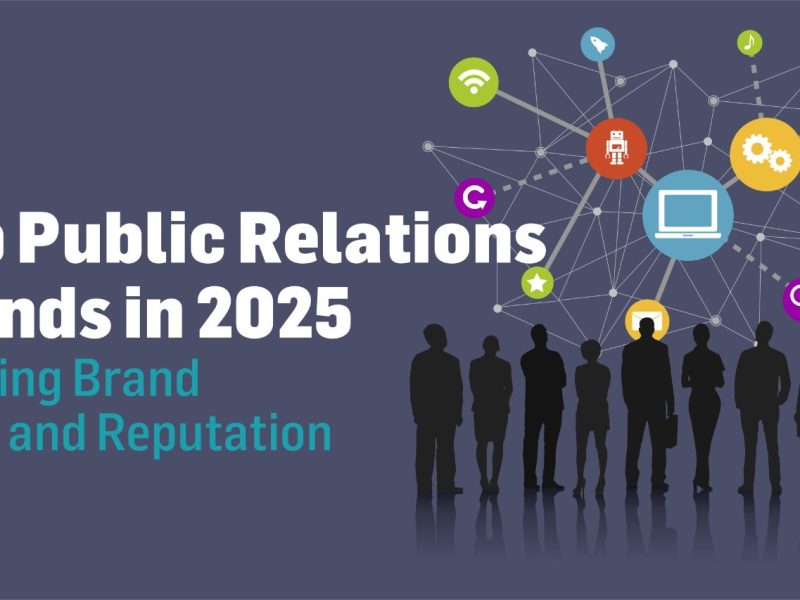
AI Era in Political Advertising
A blog series on the impact and implications of AI in elections around the globe.
The emergence of AI or Artificial Intelligence in Indian elections signals a significant shift in political advertising. Social media and IT bot usage surged during the 2019 General Elections, and the landscape is expected to evolve even further with an anticipated escalation in the 2024 elections. However, with AI-generated content including deepfakes blurring the lines between reality and manipulation, the integrity of election campaigns is at stake, demanding immediate attention to updating regulations.
This integration of generative artificial intelligence and AI-generated images not only revolutionizes traditional election campaigns but also complicates political advertisements. With the ever-evolving technology, it is crucial to maintain electoral integrity and uphold democratic values during the 2024 Lok Sabha elections, especially with AI’s impact on voter perceptions and election results. This sets the stage for an insightful exploration into various AI integrations in elections worldwide, which will be elaborated upon in the forthcoming parts of this blog series.
A Look Back at Political Advertising Evolution
Political advertising in India has evolved significantly, driven by the expansion of the voter base, technological advancements, and fierce political competition. Initially, it was a one-to-one communication strategy, but by the 1980s, ‘media politics’ and ‘cassette culture’ emerged, transforming campaign methods. The 1984 General Elections, post-Indira Gandhi’s assassination, highlighted the power of mass media to influence public opinion and voter behavior, shaping political advertising into a sophisticated arena akin to commercial branding.

The ‘India Shining’ campaign in 2004 utilized mass media to project a thriving India, though its electoral impact was debated.
The Digital Revolution
The digital transformation has accelerated political advertising, especially during the COVID-19 pandemic when physical campaigning was constrained. Digital platforms like Google and social media have democratized the political process, enabling wider participation across demographics. For example, the BJP’s substantial investment in digital ads, primarily video formats, demonstrates the effectiveness of digital campaigns in engaging voters efficiently and cost-effectively.
Moreover, social media platforms have become crucial battlegrounds for electoral campaigns, with parties utilizing them for both broad-based and targeted advertising managed by influencers. This shift is reflected in the exponential growth of political digital marketing, emphasizing the increasing importance of digital engagement in Indian politics.
AI’s Entry into Political Campaigns
The integration of AI into political campaigns in India presents both opportunities and challenges. Parties like the BJP have embraced AI, employing techniques such as 3D hologram projections and deepfakes to enhance outreach. However, deepfakes raise ethical and legal concerns due to their potential to manipulate public opinion and influence election outcomes. The Indian government and Election Commission are discussing measures to tackle challenges.
AI’s role in micro-targeting voters through data analysis is also reshaping campaign strategies, enabling personalized outreach. However, this necessitates robust legal frameworks to prevent abuses such as voter manipulation. Efforts to update legislation reflect a proactive approach to mitigate the risks associated with AI in political campaigns.

The evolution of political advertising in India, from traditional methods to AI integration, presents a spectrum of innovation and challenges. While AI offers opportunities to enhance campaign strategies, it also demands stringent regulatory oversight to counter misinformation and uphold ethical standards. Public discourse on the implications of AI in political campaigns is crucial for informed decision-making.
Explore Sanket Communications’ top campaigns for deeper insights into how technology is shaping political narratives, highlighting the urgent need for a harmonious blend of innovation and integrity in Indian democracy.




